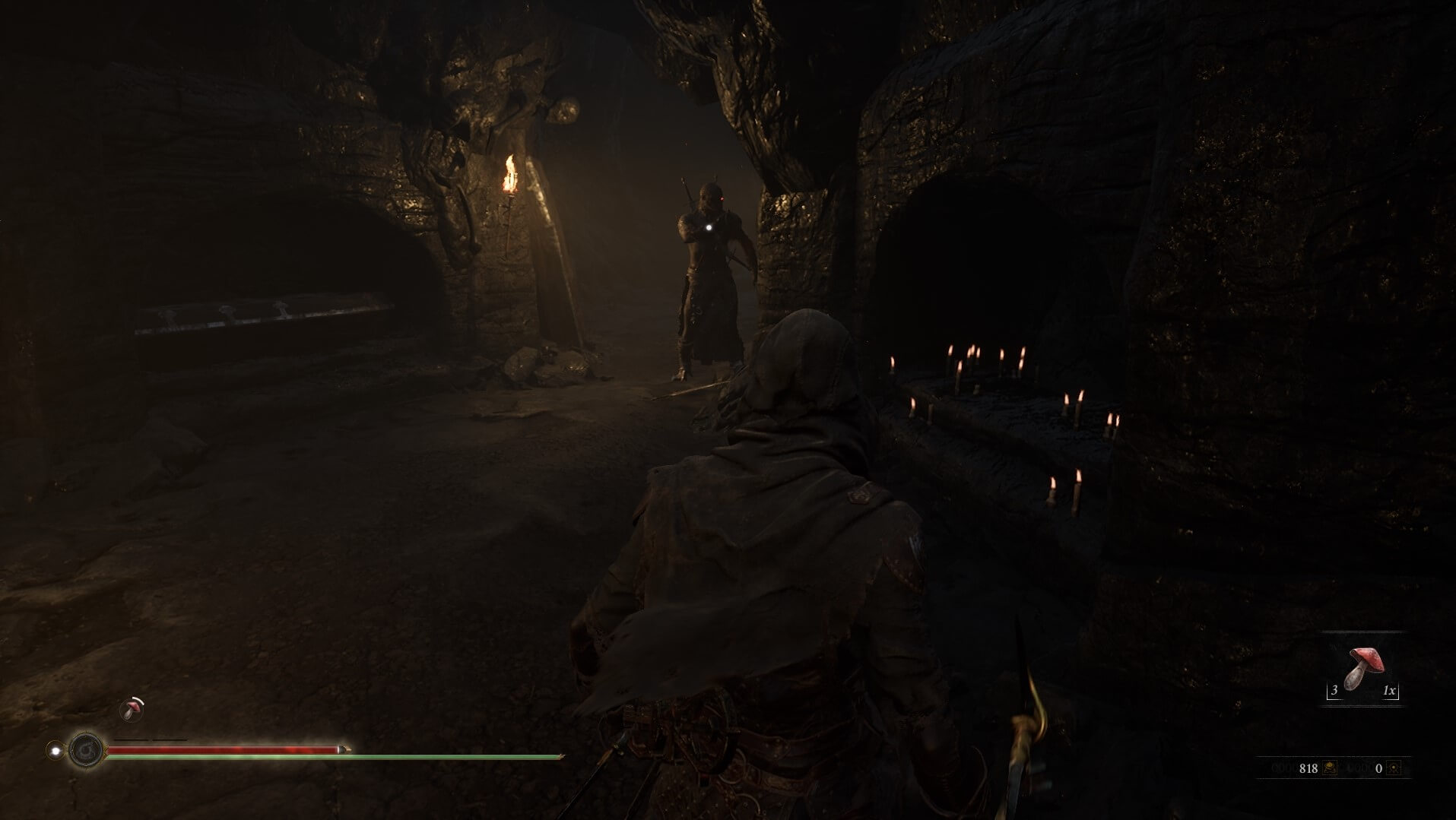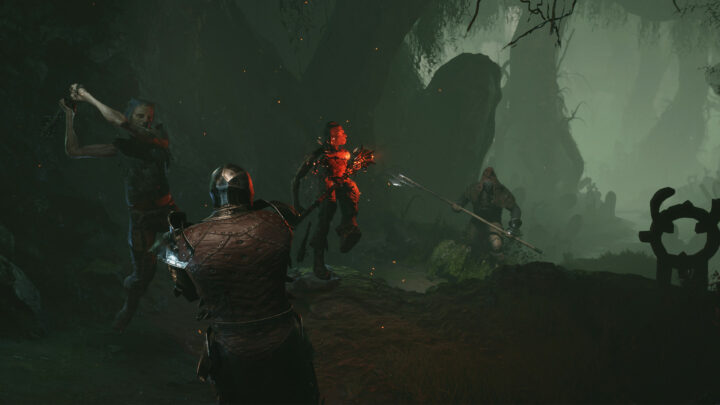

The Athenians emerged triumphant, and the victory was celebrated across the city-states of Greece. In 490 BC, he and his brother Cynegeirus fought to defend Athens against the invading army of Darius I of Persia at the Battle of Marathon. The Persian Wars played a large role in Aeschylus' life and career. In the last decade of the 6th century, Aeschylus and his family were living in the deme of Eleusis. Cleisthenes' reforms included a system of registration that emphasized the importance of the deme over family tradition. In 510 BC, when Aeschylus was 15 years old, Cleomenes I expelled the sons of Peisistratus from Athens, and Cleisthenes came to power. He won his first victory at the City Dionysia in 484 BC.

As soon as he woke, he began to write a tragedy, and his first performance took place in 499 BC, when he was 26 years old. Īs a youth, Aeschylus worked at a vineyard until, according to the 2nd-century AD geographer Pausanias, the god Dionysus visited him in his sleep and commanded him to turn his attention to the nascent art of tragedy. , but this might be a fiction invented by the ancients to account for the grandeur of Aeschylus' plays. His father, Euphorion, was said to be a member of the Eupatridae, the ancient nobility of Attica. His family was wealthy and well established.

Some scholars argue that his date of birth may be based on counting back forty years from his first victory in the Great Dionysia. 525 BC in Eleusis, a small town about 27 km northwest of Athens, in the fertile valleys of western Attica. Sanctuary of Demeter and Kore of Eleusis, Aeschylus' hometownĪeschylus was born in c. The significance of the war with Persia was so great to Aeschylus and the Greeks that his epitaph commemorates his participation in the Greek victory at Marathon while making no mention of his success as a playwright. This work, The Persians, is one of very few classical Greek tragedies concerned with contemporary events, and the only one extant. At least one of his plays was influenced by the Persians' second invasion of Greece (480–479 BC). His Oresteia is the only extant ancient example. He was likely the first dramatist to present plays as a trilogy. These fragments often give further insights into Aeschylus' work. Fragments from other plays have survived in quotations, and more continue to be discovered on Egyptian papyri. There is a long-standing debate regarding the authorship of one of them, Prometheus Bound, with some scholars arguing that it may be the work of his son Euphorion. Only seven of his estimated seventy to ninety plays have survived. Formerly, characters interacted only with the chorus. According to Aristotle, he expanded the number of characters in the theatre and allowed conflict among them. Academic knowledge of the genre begins with his work, and understanding of earlier Greek tragedy is largely based on inferences made from reading his surviving plays. 456/455 BC) was an ancient Greek tragedian, and is often described as the father of tragedy. Aeschylus ( UK: / ˈ iː s k ɪ l ə s/, US: / ˈ ɛ s k ɪ l ə s/ Greek: Αἰσχύλος Aiskhýlos c.


 0 kommentar(er)
0 kommentar(er)
